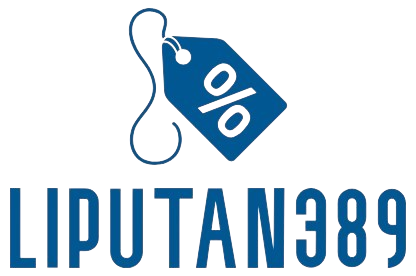April 20 (UPI) — In a bid to stop the spread of counterfeit goods, the online shopping giant Amazon on Thursday revealed a new anti-counterfeiting knowledge exchange program for shop owners who sell on the platform.
Amazon announced in a news release that the Anti-Counterfeiting Exchange was created “to make it safer to shop online and more difficult for counterfeiters to move among different stores to attempt to sell their counterfeit goods.”
The program, known as ACX, is voluntary, but stores that choose to participate will be able to share information about “confirmed counterfeiters” who try to sell counterfeit products.
“We want our customers to have confidence in their shopping experience and for brands to know they are protected from counterfeits,” said Dharmesh Mehta, Amazon’s vice president of Selling Partner Services.
Amazon said sharing information will allow stores to quickly identify and stop those who sell counterfeit products, as well as “make more robust referrals to law enforcement.”
James Mancuso, director of the National Intellectual Property Rights Coordination Center, said in the Amazon news release that the federal agency, which is overseen by US Immigration and Customs Enforcement, was a part of the creation of the program.
“This is an opening salvo in a much larger battle against counterfeiters and criminal organizations, and the effort will need even greater participation, from all industries and sectors, to reach its full potential,” Mancuso said.
“We look forward to supporting this momentous effort with all of the tools that the IPR Center brings to bear.”
Daniel Castro with the Center for Data Innovation, a think tank focused on studying technology and public policy, said in the Amazon news release that the program was created after the Department of Homeland Security called for private sector stakeholders to take a “more active role” in combating counterfeits.
In February, US Customs and Border Protection agents said they had seized shipments with counterfeit money and goods estimated to be worth more than $800,000 including 84 handbags and apparel purportedly made by top brands such as Gucci, Chanel, Burberry and Hermes.
CBP agents also seized 15,000 pills advertised as Viagra arriving from Hong Kong last month, worth more than $1 million if legitimate.
At the time, the agency said it has seen an increase in shipments and seizures of illegal prescription drugs coming into the United States since the onset of the COVID-19 pandemic.

